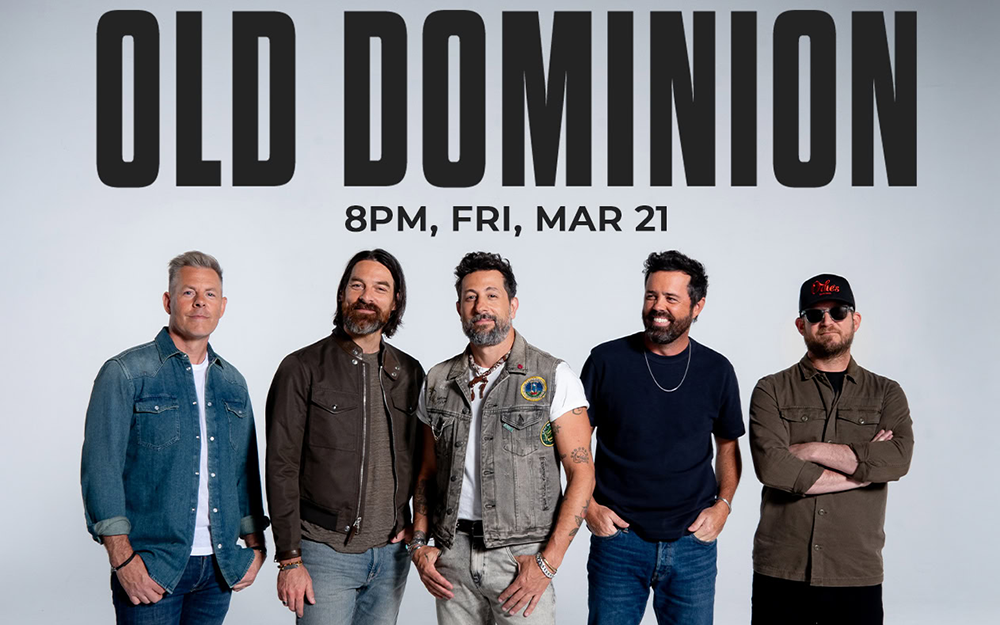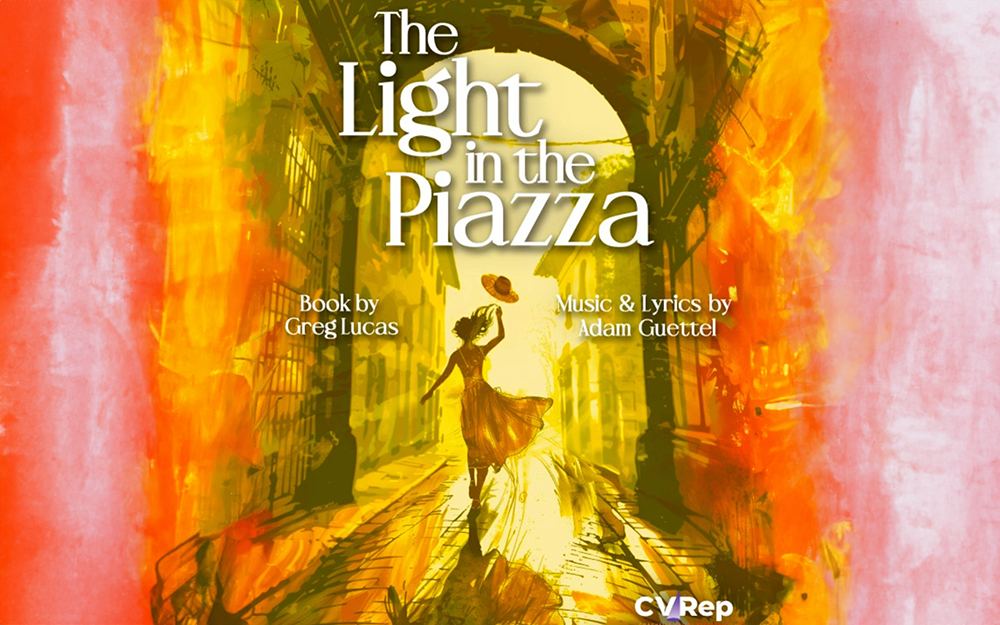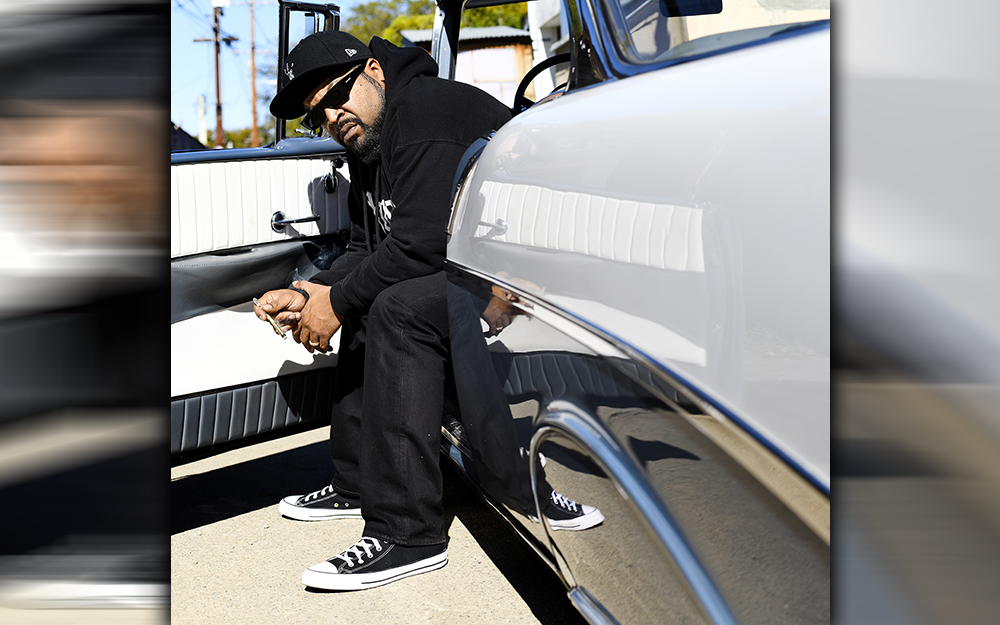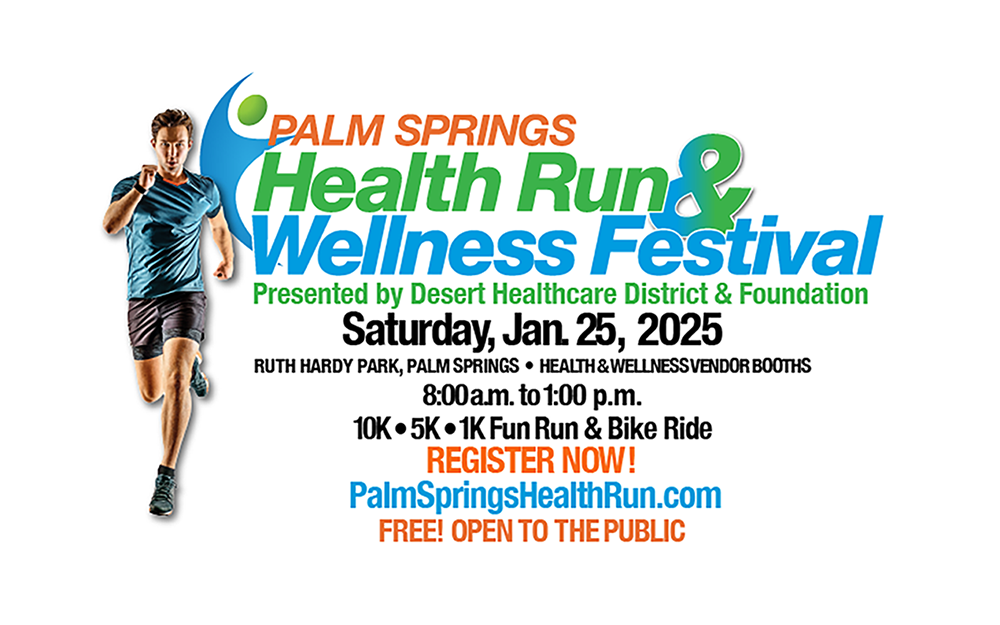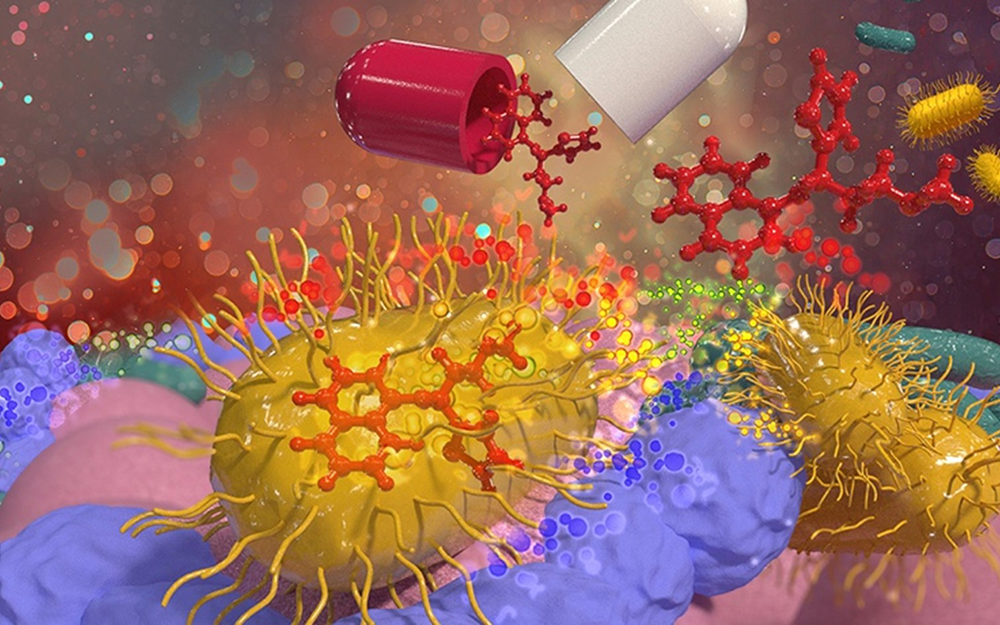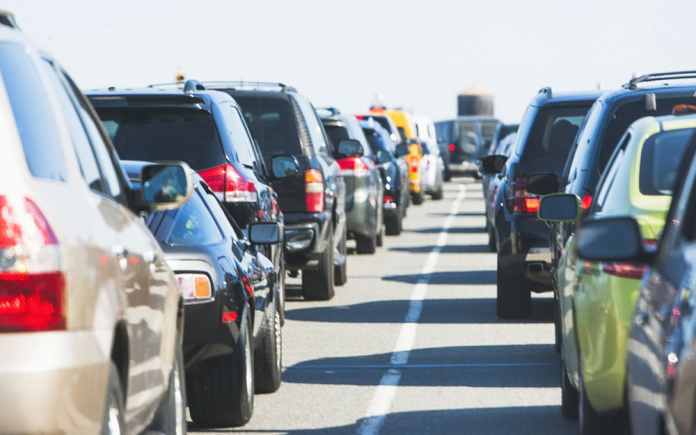
By Fire Chief Sam DiGiovanna
It’s called the 100 Deadliest Days of Summer!
Now that Memorial Day is Behind us, we are now on the road to the deadliest days of summer. The days when our teenage children hit the streets with lots of time on their hands as well as cell phones and distracting friends.
Per mile driven, drivers aged 16 to 19 years old are nearly three times more likely than drivers older than 20 to be in a fatal crash. During the summer months, teenage deaths in vehicle accidents increase by 26% compared with the other months of the year.
Let’s look at some more facts:
- Motor vehicle crashes are the leading cause of death for teens.
- The risk of crashes is higher among 16-19-year-olds than any other group.
- An average, 260 teens are killed in car crashes each month during the summer.
- 60% of teen crashes are caused by distracted driving.
- Having other teens in the car increases crash risk.
- In 2017, only 59% of high school students reported they always wear seat belts when riding with someone else.
- Teens are more likely to speed and use shorter following distances.
- Teenage drivers also have the highest rates of crash involvement resulting in the deaths passengers, pedestrians or occupants of other vehicles.
For Teens:
- Passengers create risk. When possible, limit the number of passengers. And if you find yourself distracted by conversation, slow down, pull over or ask your friends to hold it down.
- Turn your cell phone off while driving or use an app that blocks calls and text messages while still allowing you to use navigation functions.
- If you’ve had any alcohol to drink, call a taxi or a ride share or find a sober friend to drive you. Or call your parents. Impaired driving is not only dangerous; it is a crime. If you’re caught, it can ruin your ability to get into the college of your choice or secure a job. And it’s expensive — lawyer’s fees, fines, increased insurance rates, etc.
- Don’t ride with dangerous drivers. Whether it’s someone who’s been drinking or someone who can’t keep their hands off their cell phone, saying “no thanks” may make the difference between life and death.
- Have a plan. What will you do if your phone battery dies? Do you know how to change a flat tire? Who will you call if something goes wrong — and can you remember that number, or are you relying on your phone to tell you?
For Parents:
- Don’t serve alcohol or other drugs at parties where teenagers are present.
- Set a good example when you’re behind the wheel. Always drive sober, obey all traffic laws and don’t text or talk on the phone. A National Safety Council survey found 91 percent of parents who use their cell phones while driving do it in front of their teens despite acknowledging they are “one of their teens’ primary driving teachers.”
- Give your children permission to call you if they are in a potentially bad driving situation. In fact, encourage it. Think back to when you were a teenager — you likely feared your parents’ wrath more than you did an accident or arrest. Let them know you consider it mature and commendable to call for a ride when it’s dangerous to drive.
- Discuss with your children how they will react if the person they’re supposed to ride with has been drinking or taking drugs or is driving irresponsibly. During these conversations, listen. You might think you have the answers, but kids need to have strategies and “talking points” that will work for them, not you.
This is the time for you to spread the word in your community to help stop the “Deadliest Days of Summer!”




